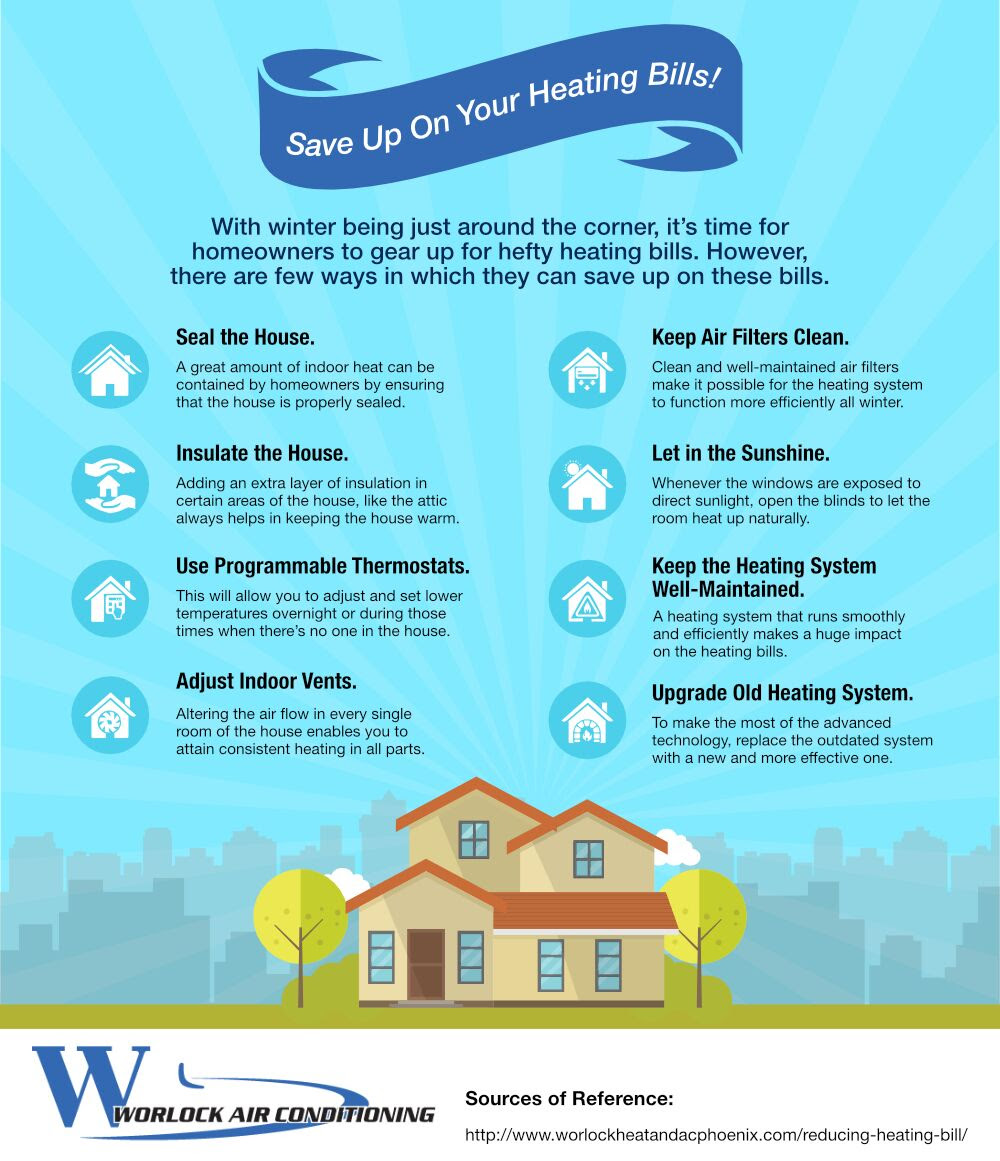Heatpump Vs Heating System - Which Is The Better Home Heating Option For Your Home?
Heatpump Vs Heating System - Which Is The Better Home Heating Option For Your Home?
Blog Article
Material Created By-Huynh Mosegaard
Lots of homeowners recognize with furnaces, which heat homes with oil or gas and push hot air through ductwork. They are relatively cost-effective and can supply trustworthy home heating also during a winter season power outage.
Nevertheless, they make use of fossil fuels and create carbon monoxide and various other air pollution. They also aren't as energy-efficient as a high-efficiency heatpump.
Price
Generally, heat pumps are extra affordable to operate than furnaces. They usually use power and refrigerant to essence heat from exterior air, and after that transfer it into your home. You can take advantage of cheaper electricity rates throughout off-peak hours to better reduce your home heating costs.
Unlike heat pumps, gas or wood-burning heating systems make use of combustion to generate heat, giving off flue gases into the environment that can be dangerous to your wellness. These furnaces are additionally much less energy-efficient than heat pumps, and their higher operating costs can add up in time.
Heating systems are more challenging than heatpump and call for regular upkeep to make certain the correct function of all parts. In spite of this, they often tend to last longer than heatpump with a regular lifespan of 20 years or more. However, you'll need to consider the cost of gas, gas oil or wood and the added equipment required for installation and procedure such as air ducts and ventilation systems.
Power Efficiency
Heatpump have a higher energy effectiveness score than furnaces. These systems utilize electricity to scavenge warmth from the air, even in freezing temperature levels. They can also get rid of excess heat from the home throughout warmer months and recycle it to cool down the system. Service provider experts can assist you establish the best design for your home based on environment and source power expenses.
Heating systems melt fuel oil, lp, natural gas or other sorts of nonrenewable fuel source to warm the air in the home. This air is after that dispersed with ductwork making use of a large follower. Heating systems produce greenhouse gases and require normal maintenance and devices upgrades to guarantee risk-free operation.
The most significant advantage of a heater is that it can be operated even in rough winter months problems since it does not count on exterior temperature levels to heat the air. Heaters also have a longer lifespan than heat pumps and generally last 15 years. link web site can likewise be coupled with double fuel choices, which choose the most efficient heating alternative based on the weather condition.
Climate
Heat pumps function well in modest environments and use less resource energy than heating systems. However, if your region is extremely cold, you might require to buy a standard gas heater instead.
Heating systems offer cozy, comfortable warmth and normally offer rapid home heating to elevate indoor temperature levels. These systems can be used with a range of fuel types, including natural gas, gas, oil or electrical energy.
They consume much more energy than heatpump-- up to 3x as much-- and need ductwork that's expensive to set up or retrofit. They're also much more pricey to maintain, as they can create air top quality concerns and generate greenhouse gas emissions.
If you're devoted to decreasing your carbon footprint, a heatpump is a good selection for your home. https://www.motor1.com/reviews/384094/carshield-review/ have less greenhouse gas emissions than furnaces, especially if you pick an ENERGY CELEBRITY ® heat pump. Your neighborhood Service provider professional can discuss the differences in between these 2 heating unit and aid you make the very best choice for your special demands.
Individual Preferences
Heating systems can be extremely power effective when powered by natural gas, propane or oil, however they aren't as power efficient as heatpump in freezing environments. They can also be a lot more expensive to set up, calling for gas lines and air flow systems.
However, heating systems tend to require much less maintenance, which can result in lower continuous prices. They produce fewer greenhouse gases and are extra reliable than heatpump during extreme weather.
Electric heatpump are much more flexible in developing interior convenience due to the fact that they can also act as air conditioning unit during warmer months. They can be easier to keep, requiring only regular air filter modifications and periodic vacuuming.
If you favor the ease of a single system that does it all, think about a hybrid heating option that pairs a furnace with an electrical heat pump. These systems can instantly change between both heating options based on your home's requirements and temperature level problems, taking full advantage of efficiency and savings.